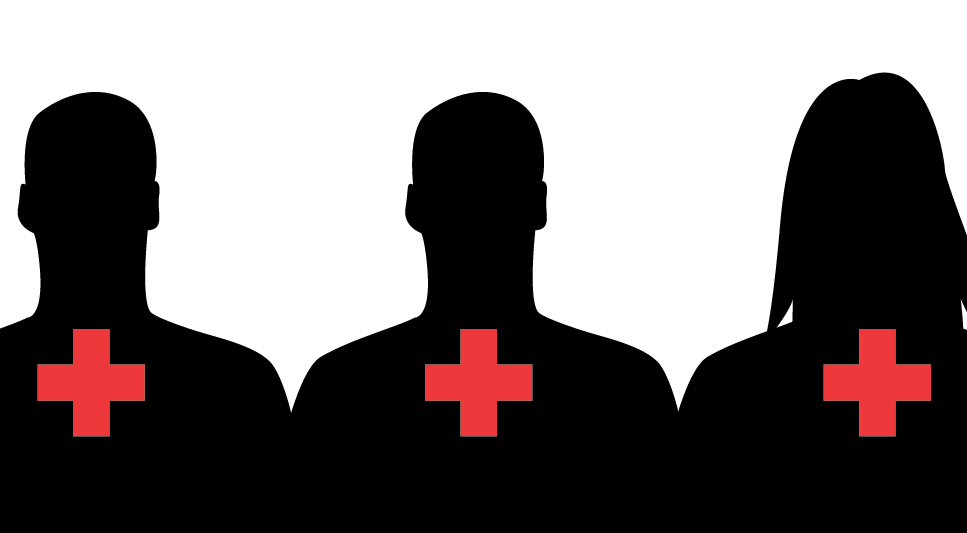
In some ways it feels like the coronavirus has taken over my life. Not only is it all over the news and social media, but for me, particularly, there are notable and numerous strong links.
My family is from Wuhan (the italics serve a purpose, they are a reminder that this is a Chinese term, a sort of reclaiming of the city’s name. Wuhan, as defined by us and not the outsiders whose tongues are happy to report on or mock it, but not learn how to pronounce it), I still have a lot of family there. I was born there.
I spent many summers there, hiding from the heat in air conditioned rooms (Wuhan frequently spends summers with day after day hitting forty degrees; it’s known to be a city with particularly hot summers in China), eating nianpeng, enjoying the sights and savouring having so much delicious food at my fingertips.
Having grown up in Canada and being a reflective person, I have a complex relationship with home, identity, and belonging.
I am always immersed in Canadian culture and politics, I have a “Canadian” opinion on many issues, I “behave” like a Canadian, saying sorry excessively and all, but every day Canada sends me messages that I don’t belong, my outside looks too Chinese for that, but I am too “Canadian” on the inside to really belong in China either.
That’s the context I exist in as the world weathers this Coronavirus outbreak.
For me, it’s a multi-layered burden, seeing the news coming out of China, because those are my people.
If only a few things had gone differently I could be one of them; being concerned for my aunts, uncles, and grandparents, who are much closer to outbreak than any of us in Canada.
Meanwhile, I also acutely feel the stigma, racism, and xenophobia slowly closing in on me, pointedly directed at me.
Even without closely following the news about it, I knew it would be happening because I know Canada.
Canada does it better than many, but multiculturalism in its current form in this country still falls flat in many ways.
In its current iteration, it largely demands assimilation into “whiteness”, and if people of colour (POC) “pass” adequately, and only bring up their own culture when it’s convenient or when white people can enjoy and/or exploit, it then we’re allowed to exist.
However, as soon as people of colour can be associated with what people of the dominant culture don’t like, such as a viral outbreak, racism and xenophobia rear their ugly heads, and it really hasn’t been pretty.
Chinese people are getting harassed on the streets, people are refusing Lyft and Uber rides from Asian people.
Restaurants, businesses and Chinatowns are being boycotted.
And this may be the most frustrating part of all this, the fact that people have the gall to be racist, to mock us, to stereotype, and erase the complexity of 1.4 billion people plus approximately 46 million diaspora, while Chinese people are suffering and fighting on the front lines against the virus.
Last week I said to my friend, “I am more afraid of the racist backlash over coronavirus than I am of the virus itself” because here’s the thing, there’s plenty that can protect me from the virus – handwashing, rubbing alcohol, doctors, hospitals, medicine and more.
What is there to protect me against racism?
Something that not all people get is that racism is about people’s lives and livelihoods.
Racist calls to boycott businesses and restaurants can result in people being forced to close. Getting harassed on the street can escalate and result in serious injuries.
Racism can be enacted into laws, and Canada has a history of this (read up on the Chinese Exclusion Act, if you’re unfamiliar).
It affects people’s employment opportunities and more.
But not everything is frustrating and dreary.
In all honesty it’s a really notable thing that people are talking about the racist backlash against East Asians. People who aren’t East Asian are standing up for us, institutions are standing up for us – York Region District School Board sent out a warning regarding how concerns around coronavirus were veering into anti-Chinese racism territory.
Racism against East Asians is often not discussed thanks to ideas like the “model minority myth”.
One thing I will point out is that many people are trying to stand up against racism with phrases like “not all Chinese people are…” and the blank is filled with things like “uneducated”,“eating exotic animals”, or “disgusting” and I’m grateful to everyone standing up, but I would challenge you to take it a step further.
I shouldn’t have to be a “perfect victim” to deserve not having racism lobbed at me.
Often “likeability” is entangled with assimilation into whiteness.
People are suffering and they deserve compassion even if they make mistakes or bad choices.
We all do.































